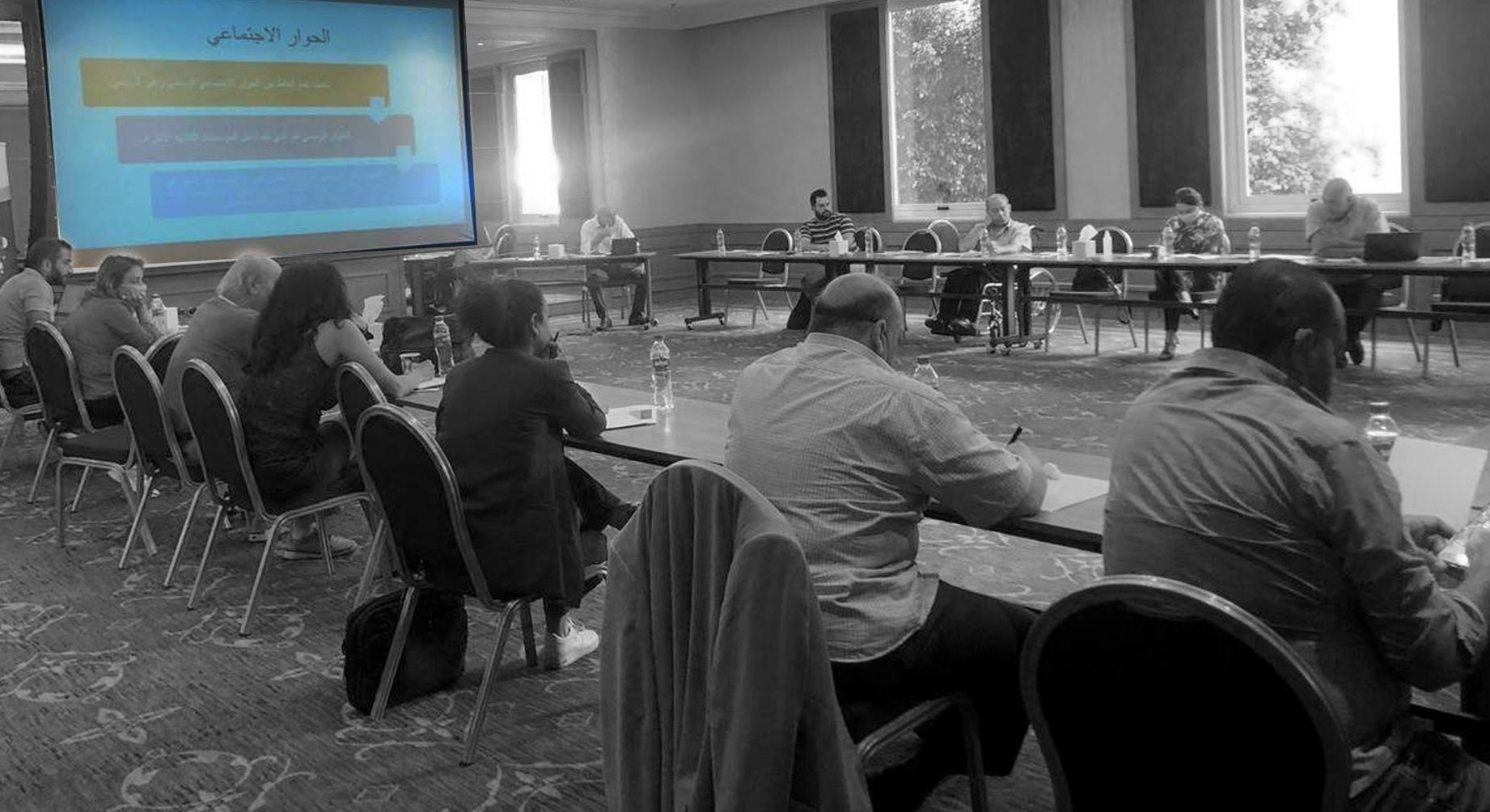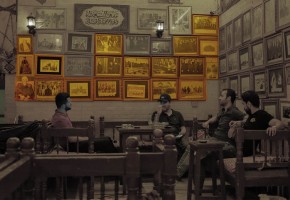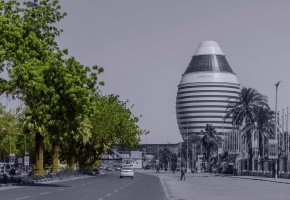
Genuine National Dialogue Is the Way Out of the Impasse - Ziad Abdel Samad
Genuine National Dialogue Is the Way Out of the Impasse - Ziad Abdel Samad
Over the past year, the Arab NGO Network for Development (ANND) organized a series of social dialogues in several Arab countries in coordination with the International Trade Union Confederation (ITUC) and the Union of Mediterranean Confederations of Enterprises (BUSINESSMED). They addressed issues related to social justice and public policies in the economic and social fields.
"Social dialogue" takes place between parties with different/contradictory interests. It addresses economic and social issues, especially labor relations, where the authorities mediate between the parties involved in the dialogue. Social dialogue aims to reach proposals that contribute to adopting public policies that consider the interests of the various parties concerned and achieve social justice. Social dialogue is often based on the same principles of the social contract, which regulates the horizontal relationship between the different social components in the state and the vertical relations that regulate the relationship between society and political authority.
What if the social contract suffers from structural imbalances?
Structural defects in the social contract lead to the exclusion of broad segments of society, discrimination between citizens, and human rights violations. They could include restricting public and individual freedoms, limiting political participation, and irregularity in the work of political, judicial, and administrative institutions. Consequently, it leads to the failure of the rule of law to protect citizens' rights and the absence of justice and equality. Then, primary affiliations such as religious, family, or regional identities appear and take precedence over national affiliations. Tension increases within societies, and conflicts and disputes based on identity, gender, religion, or race escalate. As a result, the priorities of dialogue differ. Thus, foundational issues that reorganize relations within society and between groups would have priority over economic and social matters.
Dialogue is not an end in itself. It is a means that helps establish social stability by working towards the desired goals. Its success requires conditions, starting with a democratic climate that protects freedom of opinion, expression, belief, and organization, enhancing confidence between interlocutors and the relevant authorities. In addition, there is a need for political and security stability, which allows for the follow-up of the outcomes and related commitments. The essential condition for the success of dialogue is the conviction of the participating parties of its importance, their feeling of the need to reach tangible results, and thus, their willingness to make concessions to achieve mutual understanding.
However, in light of the current circumstances facing most Arab countries, including restrictions on public freedoms and security and political unrest, the conditions for the success of social dialogue are not present. Influential figures cling to their positions to protect their interests and the forces they represent, at home or abroad, ignoring the rights of most citizens. Thus, the ability to reach results equal to those of the various parties concerned with the dialogue becomes hindered. Since the outbreak of popular protests in late 2010, the region has been going through political and security unrest and economic and social challenges that clearly express the depth of the crisis in the regimes. They can no longer respect the rights of citizens and meet their needs, and people are directly expressing their rejection of their living situation and conditions, demanding their right to participate and live with dignity.
Since the beginning of the last century, the region has experienced various political changes. Some of these resulted from military coups that brought armies to power; others followed the success of national liberation movements, their assumption of power, and recent attempts at popular revolutions. However, they all failed to build the desired modern and just developmental state.
They also failed to implement the social contract that equates between citizens in rights and duties. Some regimes and forces in power are currently seeking to call for a dialogue that they claim is national, goes beyond constitutional mechanisms, and is conditional, allowing them to determine the participants and the topics to be addressed. These dialogues are also taking place in the complete absence of democracy, the disruption of institutions and mechanisms of political participation, and the violation of public freedoms, and in light of the loss of citizens' confidence in the political forces that are considered to have led the countries of the region to the current crises.
Thus, the peoples of this region are left with one single option, perhaps the last, to provide the conditions for a democratic transition towards a just state. This option entails a conviction of the need for mechanisms leading to a genuine national dialogue, which includes the participation of various loyal and opposition social and political forces and does not exclude anyone.
Comprehensive national dialogue is the only way to resolve differences and armed conflicts, achieve reconciliation, and establish the principles of justice and equality.
Ziad Abdel Samad
Recent publications

Ten Years after the Genocide: Does Iraq Need a National Dialogue on Transitional Justice? - Dr. Saad Salloum
